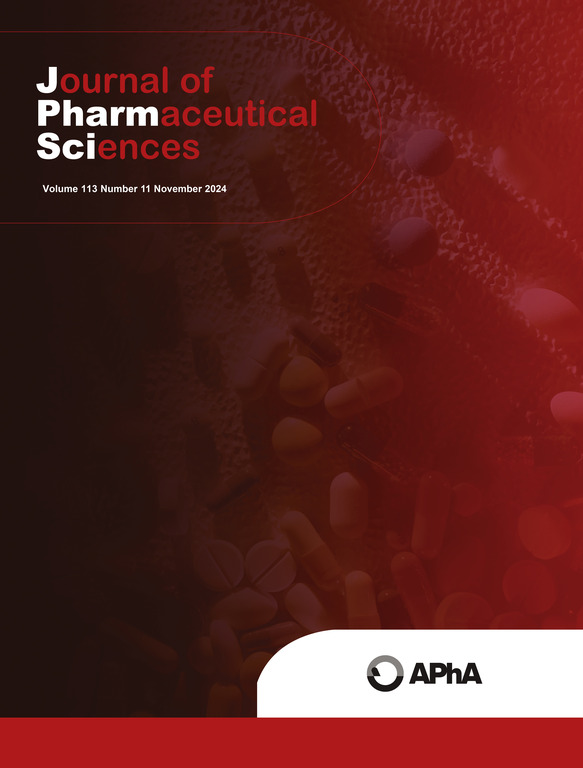供应商鉴定中的热分析和红外光谱:杂质和处理相关风险的证据。
IF 3.7
3区 医学
Q2 CHEMISTRY, MEDICINAL
引用次数: 0
摘要
Magistral配方允许根据患者需要定制剂量。原材料供应商的资质对保证最终产品的有效性和安全性至关重要。尽管有规定,但在过程中可能会发生偏差、损失和污染。因此,本研究分析了供应商资格,强调了特性测试的重要性,以确保高质量的原料,从而确保良好的药品。评价了复合药房常用的四种原料:透明质酸、酮康唑、对苯二酚和木瓜蛋白酶,它们都容易受到温度、湿度和光线等因素的影响。样本于2024年2月至3月期间从巴西累西腓的两家复方药店获得。表征测试包括差示扫描量热法、热重分析法和傅里叶变换红外光谱法。结果表明,某些样品中含有杂质,特别是木瓜蛋白酶,表明其结构发生了变化。另一方面,透明质酸、酮康唑和对苯二酚的纯度足够。因此,必须对拟配药的活性药物成分进行理化控制,以确认其各自的纯度,确保所制药物的安全性和有效性,最终保障患者的健康。本文章由计算机程序翻译,如有差异,请以英文原文为准。

Thermal analysis and FTIR in supplier qualification: Evidence of impurities and risks associated with handling
Magistral formulations allow for dose customization according to patient needs. The qualification of raw material suppliers is essential to ensure the efficacy and safety of the final product. Despite regulations, deviations, losses, and contamination may occur during the process. Thus, this study analyzed supplier qualification, highlighting the importance of characterization tests to ensure high-quality raw materials and, consequently, good pharmaceutical products. Four raw materials commonly used in compounding pharmacies were evaluated: hyaluronic acid, ketoconazole, hydroquinone, and papain, all susceptible to changes caused by factors such as temperature, humidity, and light. Samples were obtained from two compounding pharmacies in Recife, Brazil, between February and March 2024. The characterization tests included Differential Scanning Calorimetry, Thermogravimetric Analysis, and Fourier Transform Infrared Spectroscopy. The results showed impurities in some samples, especially those of papain, indicating structural modifications. On the other hand, the samples of hyaluronic acid, ketoconazole, and hydroquinone showed adequate purity. Therefore, it is essential to perform physicochemical control of active pharmaceutical ingredients intended for compounding to confirm their respective purities and ensure the safety and efficacy of the medications produced, ultimately safeguarding patient health.
求助全文
通过发布文献求助,成功后即可免费获取论文全文。
去求助
来源期刊
CiteScore
7.30
自引率
13.20%
发文量
367
审稿时长
33 days
期刊介绍:
The Journal of Pharmaceutical Sciences will publish original research papers, original research notes, invited topical reviews (including Minireviews), and editorial commentary and news. The area of focus shall be concepts in basic pharmaceutical science and such topics as chemical processing of pharmaceuticals, including crystallization, lyophilization, chemical stability of drugs, pharmacokinetics, biopharmaceutics, pharmacodynamics, pro-drug developments, metabolic disposition of bioactive agents, dosage form design, protein-peptide chemistry and biotechnology specifically as these relate to pharmaceutical technology, and targeted drug delivery.

 求助内容:
求助内容: 应助结果提醒方式:
应助结果提醒方式:


